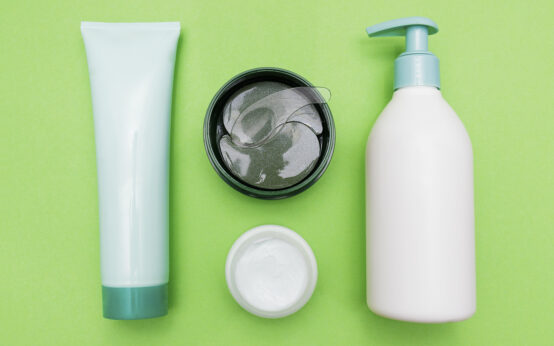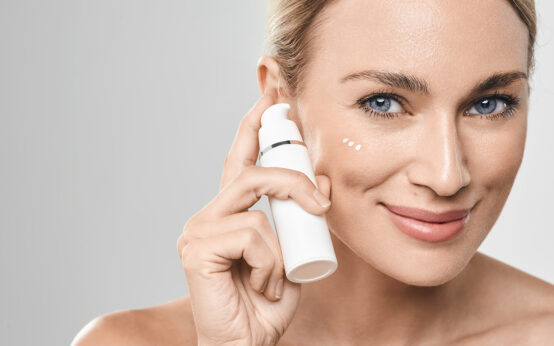Health supplements have made their place in the market. Today, we have such an incredible number of supplements from different companies that it is difficult to decide which supplements we really need. This leads to a consumer’s dilemma. One such supplement is a collagen supplement.
Over the years, collagen supplements have taken over the market, promising a variety of health benefits. They are available in powder, cream, tablet and liquid forms and are known to reverse the effects of aging by keeping wrinkles away. We are going to discover whether these claims are real and whether these collagen supplements are worth your money.
What Is Collagen?
Collagen is a protein which forms the structure in the skin and several other connective tissues such as tendons, muscles and ligaments. It is so common that it constitutes up to 25-30% of the entire body’s protein content. It is mostly made up of amino acids, hydroxyproline and arginine. In short, it holds your whole body together like glue.

We naturally produce collagen in our early years, but its production starts decreasing in the mid-twenties (1.5% each year) and it keeps on decreasing with time. This is why old age comes with wrinkly skin.
[Link: Skincare Routine For Your 30's]
90% of Collagen Supplements May or May Not Work
Studies show that supplements in the form of tablet and other digestible forms (except liquid) are not absorbed well enough by our bodies. Thus, they have little effect on our overall collagen reserve. Since the quantity of protein required by the body is huge, it needs to absorb a lot of collagen to have some real effect.
Not meeting that requirement means digestible supplements do not contribute much to the claims they make. Not to mention, they contain binders, stabilizers, fillers and several chelating agents which reduce their potency.
Similarly, popular collagen creams which are sold as “anti-wrinkle” creams actually do not work because the molecules are too large to be absorbed by the skin directly. They make little to no difference to the wrinkles. It is advised that these creams should be treated more as moisturizers than wrinkle or aging treatments.

Liquid or Hydrolyzed Collagen Can Help Reduce Wrinkles
A patented-research in Japan conducted on collagen came up with a process that breaks apart collagen molecules through a highly pressurized steaming process called hydrolysis. This process results in hydrolyzed collagen.
This collagen comprises of components small enough to be easily absorbed by the enzymes in our bodies. This adds to the collagen reserves and strengthens its production.
Since hydrolyzed collagen is easily absorbed into the bloodstream, the brain would detect high levels of collagen and start its wound repair response, which is usually what happens when you are bleeding from a wound. The brain activates fibroblasts, which are special cells that are activated by this response. Their function is to make collagen and revitalize the body with newly produced collagen. This is not just limited to the face and applied to the rest of the body.
Usage
Studies have shown that taking 7000 mg to 8000 mg of highly concentrated hydrolyzed collagen results in strengthening the skin’s layers and removing wrinkles. It also increases elasticity, radiance and glow of the skin. Daily supplementation of only 1 g for 12 weeks was shown to dramatically reduce deep wrinkles and dryness of the skin.
There are a wide variety of hydrolyzed collagen products to choose from. It is best to choose one with high potency to really see the benefits.


 What to Look For in a Moisturizer
What to Look For in a Moisturizer  Selecting a Face Moisturizer
Selecting a Face Moisturizer  The Best Face Moisturizer For Sensitive Skin
The Best Face Moisturizer For Sensitive Skin  What to Look For in a Moisturizer For Oily Skin
What to Look For in a Moisturizer For Oily Skin  Finding the Best Moisturizer For Dry Skin
Finding the Best Moisturizer For Dry Skin  What to Avoid in a Stretch Mark Cream
What to Avoid in a Stretch Mark Cream